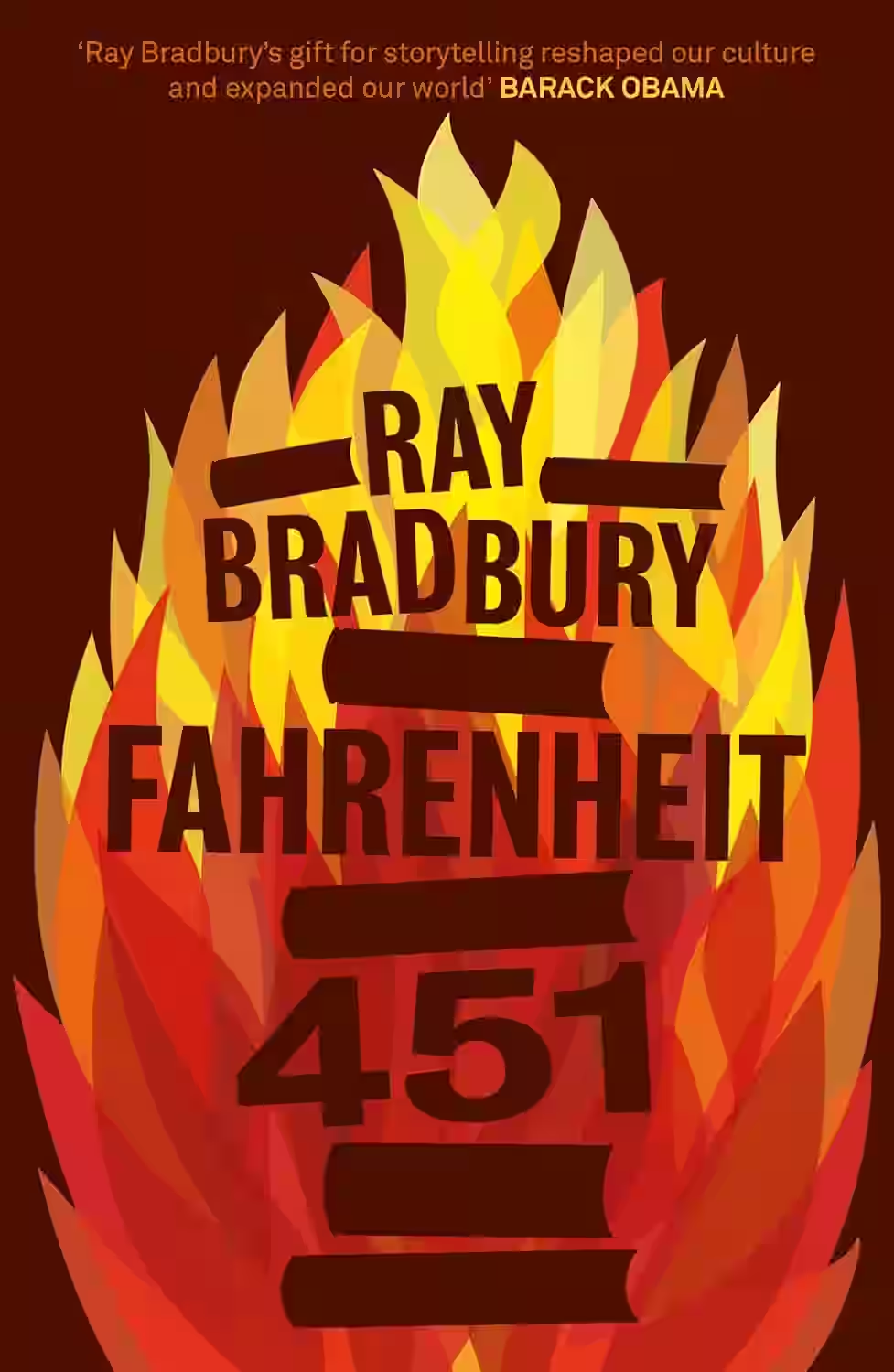Ray Bradbury
Ray Bradbury, born on August 22, 1920, in Waukegan, Illinois, was an American author celebrated for his contributions to speculative fiction. With a career spanning over seven decades, Bradbury wrote numerous novels, short stories, and plays that captivated readers with his imaginative storytelling and profound themes. His most famous work, 'Fahrenheit 451' (1953), is a dystopian novel exploring themes of censorship and conformity, and remains a cornerstone of science fiction literature. Another notable work, 'The Martian Chronicles' (1950), reflects on American colonization and human nature through a series of connected short stories. Bradbury's elegant prose and ability to weave social commentary with elements of fantasy and science fiction have earned him a lasting impact on contemporary literature. He received numerous accolades during his lifetime, including a Pulitzer Citation in 2007. Bradbury's visionary narratives continue to inspire readers and writers worldwide, bridging the gap between the possible and the fantastical until his passing on June 5, 2012.

Ray Bradbury's "Fahrenheit 451" is a profound dystopian novel that delves into the consequences of a society bereft of critical thinking and free expression. Set in a future where books are banned and 'firemen' burn any that are found, the narrative follows Guy Montag, a fireman who begins to question his role in suppressing knowledge. The novel explores themes of censorship, the dehumanizing effects of technology, and the power of literature to inspire change. Bradbury's incisive commentary on conformity and intellectual repression remains remarkably pertinent, making it a timeless critique of society's foibles and the resilience of the human spirit in the pursuit of truth.